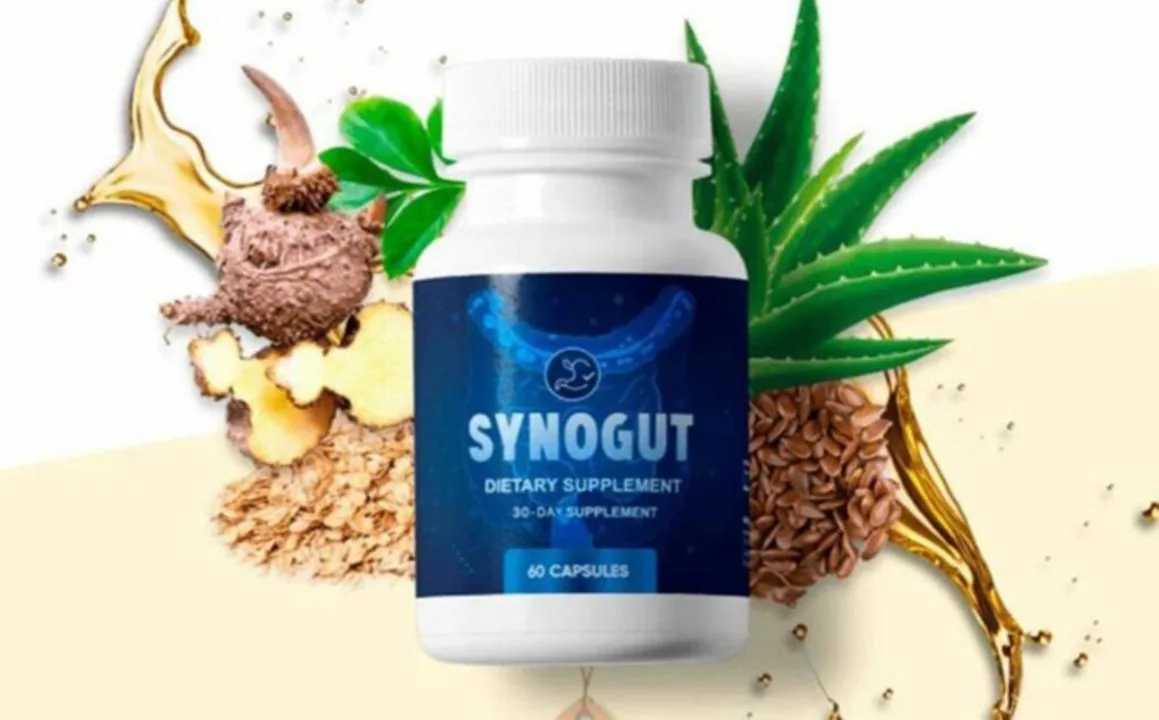I recently came across Salacia, an all-natural dietary supplement that has been gaining popularity for its numerous health benefits. This amazing plant extract is known to help regulate blood sugar levels, reduce inflammation, and even aid in weight loss. I personally started incorporating Salacia into my daily routine, and I'm already noticing a difference in my overall health and well-being. If you're looking for a natural way to boost your wellness, I highly recommend giving Salacia a try. Trust me, your body will thank you!
Natural health made practical: safe supplements and real remedies
Not everything labeled "natural" is safe or effective. Some supplements help, some do little, and a few can cause trouble with prescription drugs. This page pulls useful, short advice you can use today—how to choose supplements, reasonable expectations, and simple safety checks.
Smart ways to try a natural remedy
Start small and track results. If you want a supplement for sleep, weight, or digestion, pick one product at a time and give it 4–8 weeks before deciding if it helps. Read the label: note the active ingredient and dose (not just the herb name). Look for standardized extracts—those show how much active compound you’re actually getting.
Choose brands that use third-party testing (USP, NSF, or ConsumerLab). Check expiration dates and storage instructions. For plant-based options mentioned on this site: cup plant supplements are trendy for nutrients but have limited human trials; calcium D-glucarate supports liver detox pathways and is useful for hormone balance for some people; chitosan can modestly reduce fat absorption and help weight loss in a few studies; valerian (like Red-Spur Valerian) often helps sleep and anxiety in low to moderate doses; herbal bronchodilators may ease mild symptoms but should never replace inhalers for asthma.
Combine common-sense routines: better sleep, consistent exercise, balanced food, and hydration usually boost any supplement’s effect. If a product promises dramatic overnight results, that’s a red flag.
Safety first: interactions and when to see a doctor
Ask your pharmacist or doctor before mixing supplements with prescription meds. Examples to watch for: St. John’s wort can lower effectiveness of birth control and some antivirals; valerian increases drowsiness when taken with sedatives; chitosan can reduce absorption of fat-soluble vitamins. If you take blood thinners, diuretics, anticonvulsants, or antidepressants, double-check before starting anything new.
Pregnant or breastfeeding? Avoid most supplements unless your provider clears them. Children and older adults handle herbs differently—dose adjustments matter. Keep a list of everything you take (prescriptions, OTC drugs, herbs) and bring it to appointments.
Watch for clear warning signs: rash, severe stomach upset, unusual bleeding, sudden mood changes, or trouble breathing. Stop the supplement and seek medical care if any of those occur.
Want reliable next steps? Read specific guides on trusted options: cup plant, calcium D-glucarate, chitosan, and valerian here on DoctorSolve to see evidence and dosing notes. For respiratory issues, articles compare herbal bronchodilators with inhalers—use those to weigh risks and benefits.
Natural health works best when combined with good medical advice. Use evidence where it exists, pick quality products, start low, watch for side effects, and ask a clinician when in doubt. That keeps natural remedies useful and safe.

